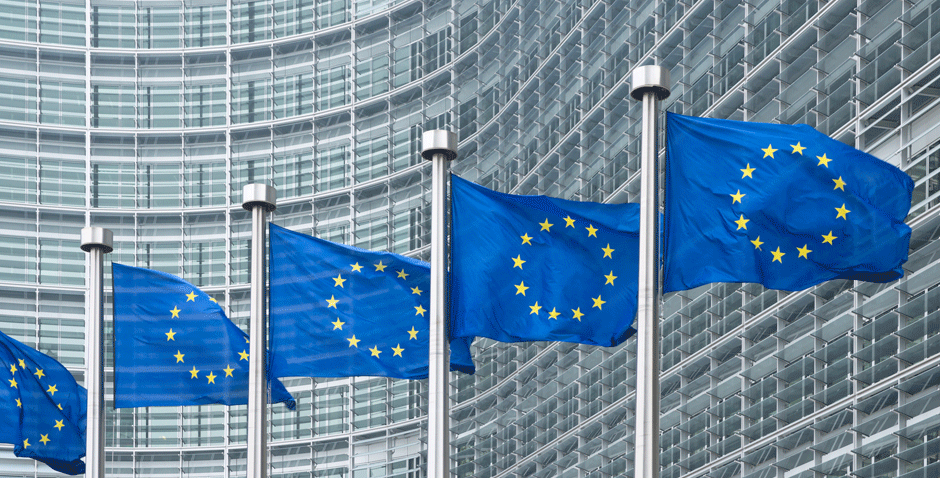Ownership rules in the aviation industry are another topic which has been subject to extensive debate, with most countries still requiring that airlines licensed within their territory are owned and controlled by nationals of that country. These foreign ownership and control rules create clear barriers to investment. Within the EU, EU Member States and/or nationals of Member States must own more than 50% of EU licensed airlines, and exercise effective control (except as provided for in certain third country / EU agreements). These rules are a significant barrier to non-EU investment in EU airlines, preventing any investment that would result in acquisition of control.
The Aviation Strategy for Europe proposes to ease requirements on foreign ownership for EU airlines. In this respect, the Commission is advocating a relaxation of the ownership and control rules on the basis of the principle of “effective reciprocity” in bilateral agreements. However, this is in danger of being a meaningless policy statement given the challenges in finding third countries willing to enter such reciprocal arrangements. In the US, despite the Open Skies agreement between the US and the EU, non-US investors are only allowed to hold 25% of any US airline – and this position is unlikely to change in the short- to medium-term.
At the same time, the convoluted ownership structures, for example, within IAG to protect the separate UK and Spanish flying rights of British Airways and Iberia or to protect the French and Dutch rights of Air France and KLM, are increasingly common. The Commission, aware of foreign investments in EU carriers close to the 50% threshold (Etihad’s 49% stake in Alitalia and Delta’s 49% stake in Virgin Atlantic), is suggesting that greater clarity as to the definition of “control” would be helpful. It envisages new interpretative guidelines on Regulation 1008/2008 which sets out the requirements for qualification for an EU operating licence.
Ownership and control are not the only barriers EU airlines are facing in respect of operations to the US. On 15 April 2016, the US Department of Transportation (DOT) tentatively approved the application for a foreign air carrier permit by Norwegian Air International for permission to operate flights between the U.S. and Europe. The perceived delay in the issuance of this permission was seen by the Commission as a violation of the EU-US Open Skies agreement, under which EU and US carriers should have unfettered rights to operate transatlantic services although EU carriers cannot operate in the US domestic market.
According to a Commission’s high official, the Commission intends to finalise concrete proposals on airline ownership and control rules in 2018. In the meantime, the Commission planned guidelines on the application of the existing ownership and control rules this year – but these also appear less likely in the post-Brexit vote uncertainty. More fundamental questions arise such as how Brexit will affect (i) the operating licence of UK air carriers currently controlled by EU nationals - will the UK relax the ownership and controlled rules as the UK CAA has previously advocated?; (ii) the operating licence of EU air carriers controlled by UK airlines; and (iii) the flying rights of UK and EU airlines between each other’s territories and to/from third countries as a consequence of this new settlement.





